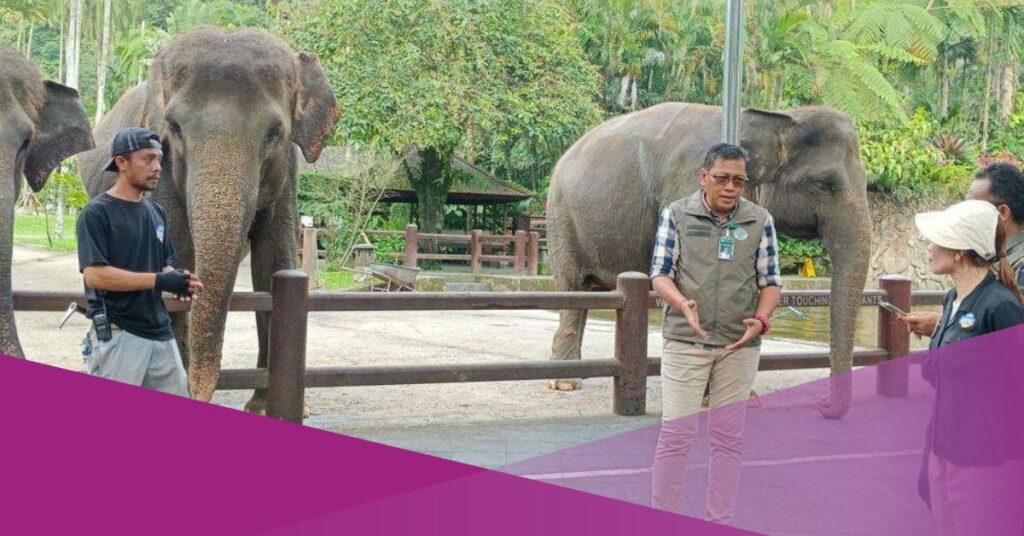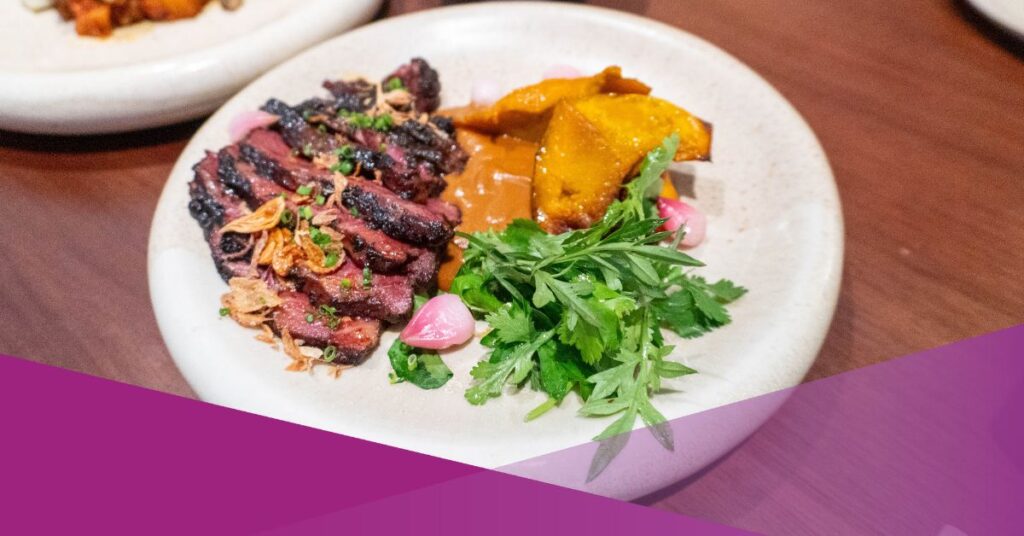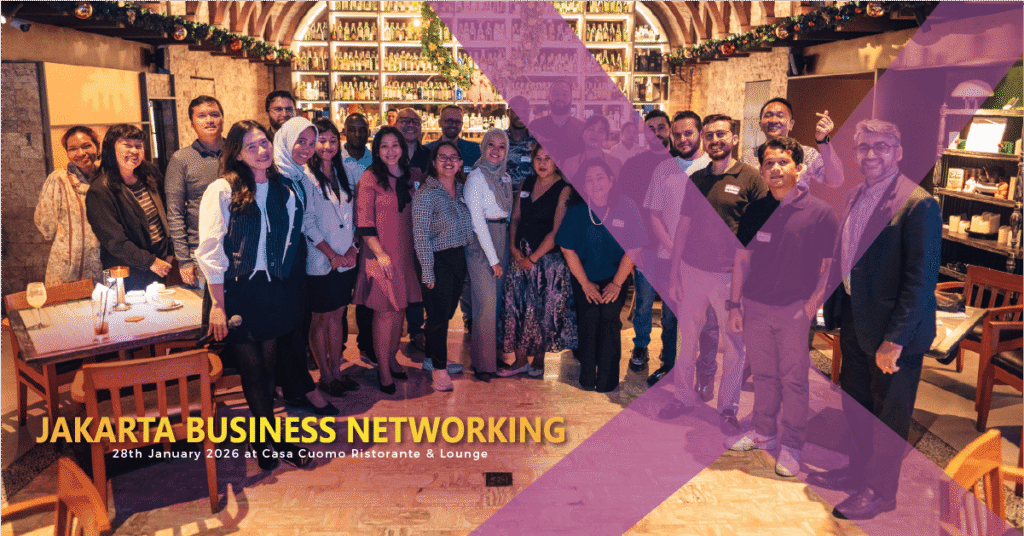Cost of Living in Jakarta, Indonesia 2025: A Guide for Residents and Expats
Jakarta remains one of the most expensive cities to live in Southeast Asia, ranking alongside major global capitals. According to the Global Wealth and Lifestyle Report 2025 released by Swiss bank Julius Baer, the Indonesian capital is now ranked 18th out of 25 cities worldwide in terms of cost of living, one place behind Tokyo.
Although this marks a drop from 14th place in 2024, it does not reflect a fall in prices. In fact, Julius Baer’s research shows a 9% increase in the cost of goods and services in Jakarta. The lower ranking simply indicates that other global cities have seen even higher increases over the same period.
Jakarta’s Position Among the World’s Most Expensive Cities
The cost of living in major cities around the world is becoming increasingly unaffordable, and Jakarta is no exception. In the latest Global Wealth and Lifestyle Report 2025 released by Swiss bank Julius Baer, this city in Indonesia has once again appeared on the list of the 25 most expensive cities in the world.
In 2024, Jakarta was ranked 14th. However, this year, its ranking dropped despite a 9% increase in the prices of goods and services. The decline in ranking does not indicate that the cost of living has decreased; rather, it reflects the fact that other cities have experienced even higher increases.
Although its ranking has dropped four places from the previous year, the Indonesian capital still holds the 18th position, outperforming other major cities such as Frankfurt, Mumbai, and Tokyo. The report compares the prices of luxury goods and services across various cities worldwide.
Men’s Clothing Is the Most Expensive Item in Jakarta
Among the 20 luxury lifestyle items surveyed by Julius Baer, the price of men’s clothing in Jakarta ranks as the most expensive in the world.
This has surprised many, as it surpasses fashion capitals such as Milan and Paris. The high prices suggest a surge in demand for premium products in the men’s fashion segment, or they may be attributed to high import costs and taxes on foreign products.
Cost of Living Continues to Rise, What is the Ideal Salary for Jakarta?
Jakarta is one of the cities with the highest Provincial Minimum Wages (UMP) in Indonesia. However, the cost of living in the capital is also steadily increasing.
The Jakarta Provincial Government has set the 2025 UMP at Rp 5,396,761. This wage represents a 6.5% increase, or approximately Rp 329,380, from the 2024 UMP of Rp 5,067,381.
Despite the increase, the cost of living remains high. According to the 2022 Cost of Living Survey (SBH) by the Central Statistics Agency (BPS), the average cost of living in Jakarta reaches Rp 14.88 million per month for households consisting of two to six family members.
Breakdown of Monthly Household Living Expenses (BPS data, 2022)
The monthly expenditure of Rp 14.88 million includes:
- Housing, utilities, and household fuel: Rp 3,195,697
- Food, beverages, and tobacco: Rp 2,785,136
- Transportation: Rp 2,002,249
- Restaurant food and beverages: Rp 1,475,659
- Information, communication, and financial services: Rp 1,030,944
- Education: Rp 959,899
- Personal care and other services: Rp 958,555
- Household equipment and maintenance: Rp 940,042
- Clothing and footwear: Rp 760,122
- Health: Rp 485,611
- Recreation, sports, and culture: Rp 286,087
Housing Costs in Jakarta
Housing is one of the largest expenses for residents. In premium central areas such as Sudirman, Kuningan, Kebayoran Baru, Pondok Indah, and Menteng, two- to three-bedroom apartment rentals range between Rp 10 million and Rp 45 million per month.
In outer areas or neighbouring cities such as Bekasi, Tangerang, and Depok, similar properties can cost between Rp 6 million and Rp 20 million per month. Buying property is significantly more expensive in central locations, with prices in South or Central Jakarta reaching Rp 35 million per square metre or more.
Transportation Costs
Jakarta offers a range of transport options such as private cars, taxi, or bus. Those relying on private vehicles can expect to spend Rp 1.5 million to Rp 3 million per month on fuel, parking, and maintenance. Fuel prices range between Rp 10,000 and Rp 15,000 per litre.
Public transport options such as the MRT, LRT, TransJakarta buses, and commuter trains (KRL) are more affordable. MRT fares range from Rp 3,000 to Rp 14,000 per journey, while TransJakarta charges a flat rate of Rp 3,500. Regular use may cost between Rp 500,000 and Rp 1 million per month.
Food and Dining
Monthly grocery bills for a small family range between Rp 3 million and Rp 5 million, depending on whether purchases are made at supermarkets or traditional markets.
Dining out will increase expenses, with restaurant meals typically ranging from Rp 30,000 at local eateries, Rp 150,000 for mid-range restaurant, to over Rp 300,000 at high-end venues.
Education and Healthcare
Education costs in Jakarta can be high, especially for private international schools, which may charge tens of millions of rupiah per year, even for early education. Public schools are less expensive but highly competitive.
Healthcare expenses depend on insurance coverage. National health insurance (BPJS) premiums range from Rp 42,000 to Rp 150,000 per month per person. Private healthcare, without insurance, can be considerably more costly.
Lifestyle and Leisure for Expats in Jakarta
Lihat postingan ini di Instagram
Jakarta is a popular destination for expatriates, particularly in city center and South Jakarta areas such as Menteng, Kuningan, Pondok Indah, Kebayoran Baru, Kemang, Cilandak, and Cipete.
Post-pandemic, areas like BSD City, Bintaro, and Alam Sutera have also attracted expat residents due to improved infrastructure and modern housing developments.
The city offers extensive entertainment, dining, and cultural attractions, from shopping malls and restaurants to historical landmarks. Jakarta’s modern transport systems, including the MRT and LRT, have brought it closer to the standard of major global cities.
Advantages of Living in Jakarta
Despite the high costs, Jakarta offers several advantages for both locals and expatriates:
Advantages of living in Jakarta include:
- Extensive Toll Road Network – Eight operational toll roads, including Inner and Outer Ring Roads, provide faster access in and out of the city.
- Proximity to the Seat of Government – Simplifies bureaucratic processes with central government offices.
- Comprehensive Entertainment and Tourism Facilities – Events, religious tourism, nature attractions, and historical sites are plentiful.
- Modern Public Transport – The MRT and LRT systems improve mobility and increase property values.
- Artistic Public Spaces – Pedestrian bridges, the Gelora Bung Karno complex, and other landmarks are illuminated with decorative lighting, enhancing the city’s night-time ambience.
Living Cost in Jakarta
The cost of living in Indonesia per month varies greatly depending on where you live. One thing for sure, the cost of living in Jakarta, Indonesia, in 2025 remains high compared with other cities in the region. While expatriates can enjoy a cosmopolitan lifestyle with access to modern amenities, the expenses for housing, education, and imported goods can be significant.
For those planning to move to Jakarta, careful financial planning is essential, whether you are earning in IDR, USD or any foreign currency.






























